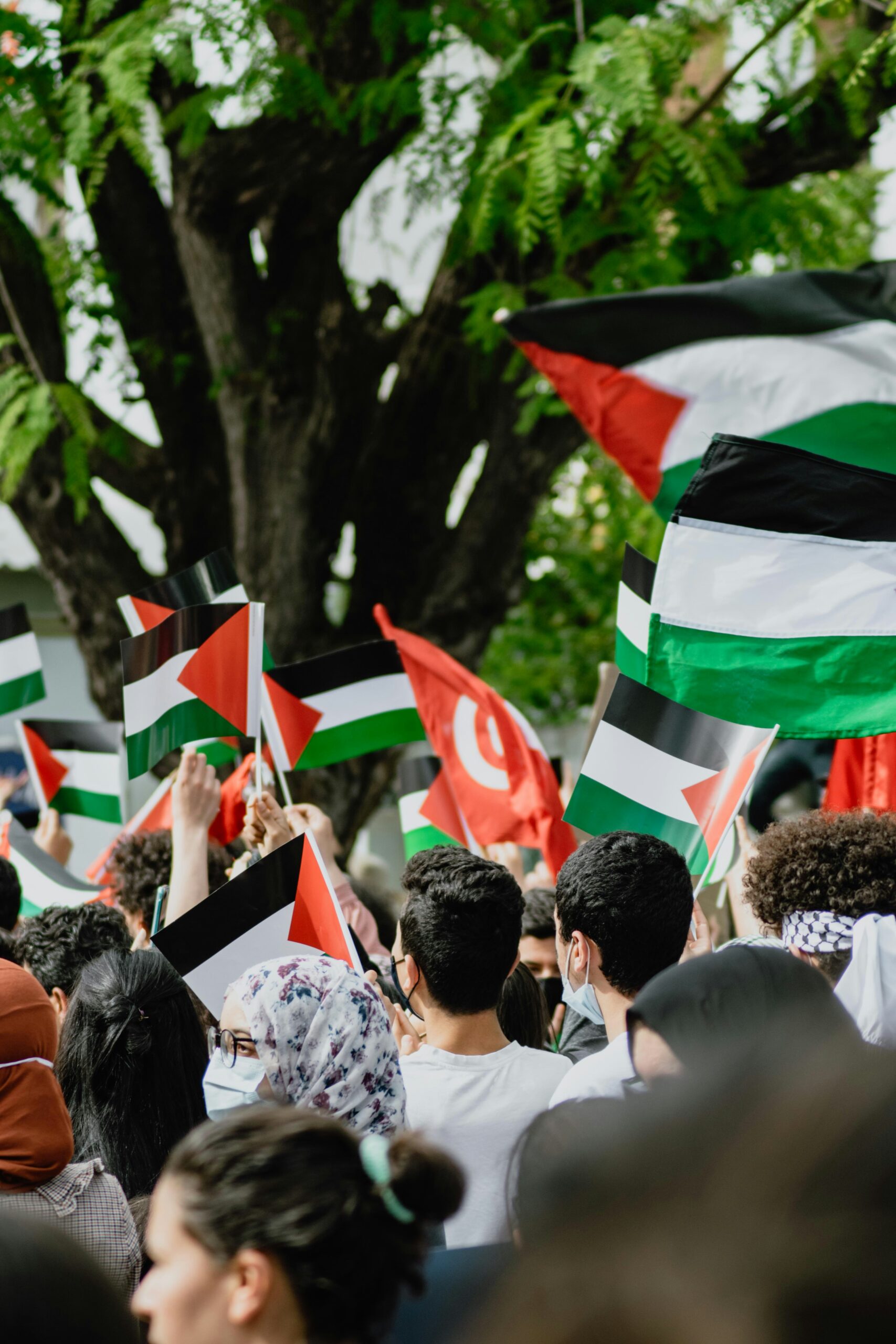
Israel and South Sudan are currently engaged in high-stakes negotiations over the potential forced relocation of Palestinians from Gaza to the East African nation, according to sources familiar with the discussions. This move, part of a broader Israeli strategy to displace Palestinians, has been met with severe criticism and warnings from human rights organizations about violations of international law.
Key Facts
- Israel is reportedly considering the forced transfer of Gaza’s Palestinian population to South Sudan.
- The plan has been described by critics as a form of ethnic cleansing and a clear violation of international norms.
- South Sudan, still reeling from the effects of a prolonged civil war, hosts a significant number of refugees from neighboring conflicts.
- Israeli Prime Minister Benjamin Netanyahu has advocated for what he terms “voluntary migration” of Gaza’s residents, aligning this with previous U.S. policies.
- Other nations, including Egypt, have voiced strong opposition to any forced relocations.
Background
The discussions form part of an Israeli initiative aimed at removing the Palestinian population from Gaza, which rights groups argue could lead to permanent displacement and allow Israel to annex the territory. This strategy aligns with the objectives of some far-right Israeli ministers who favor re-establishing Israeli settlements in the area.
International Reactions
Egypt has expressed a staunch refusal to support the transfer, fearing an influx of refugees into its own territories. Meanwhile, South Sudanese civil society leader Edmund Yakani has criticized the idea of using his country as a “dumping ground” for displaced peoples, emphasizing that South Sudan should not accept populations as mere “negotiating chips.”
Potential U.S. Involvement
Joe Szlavik, founder of a U.S. lobbying firm with ties to South Sudan, indicated that the discussions might be part of broader negotiations involving the U.S., which seeks concessions from South Sudan such as lifting a travel ban and sanctions on South Sudanese elites. The Trump administration’s history of pressuring countries to accept deportees underlines the potential for U.S. involvement in any finalized deal.
What’s Next
The international community continues to watch these developments closely. The outcome of these negotiations could have significant implications for the geopolitical landscape in the Middle East and Africa, affecting not only the lives of thousands of Palestinians but also the stability and international relations of South Sudan.


